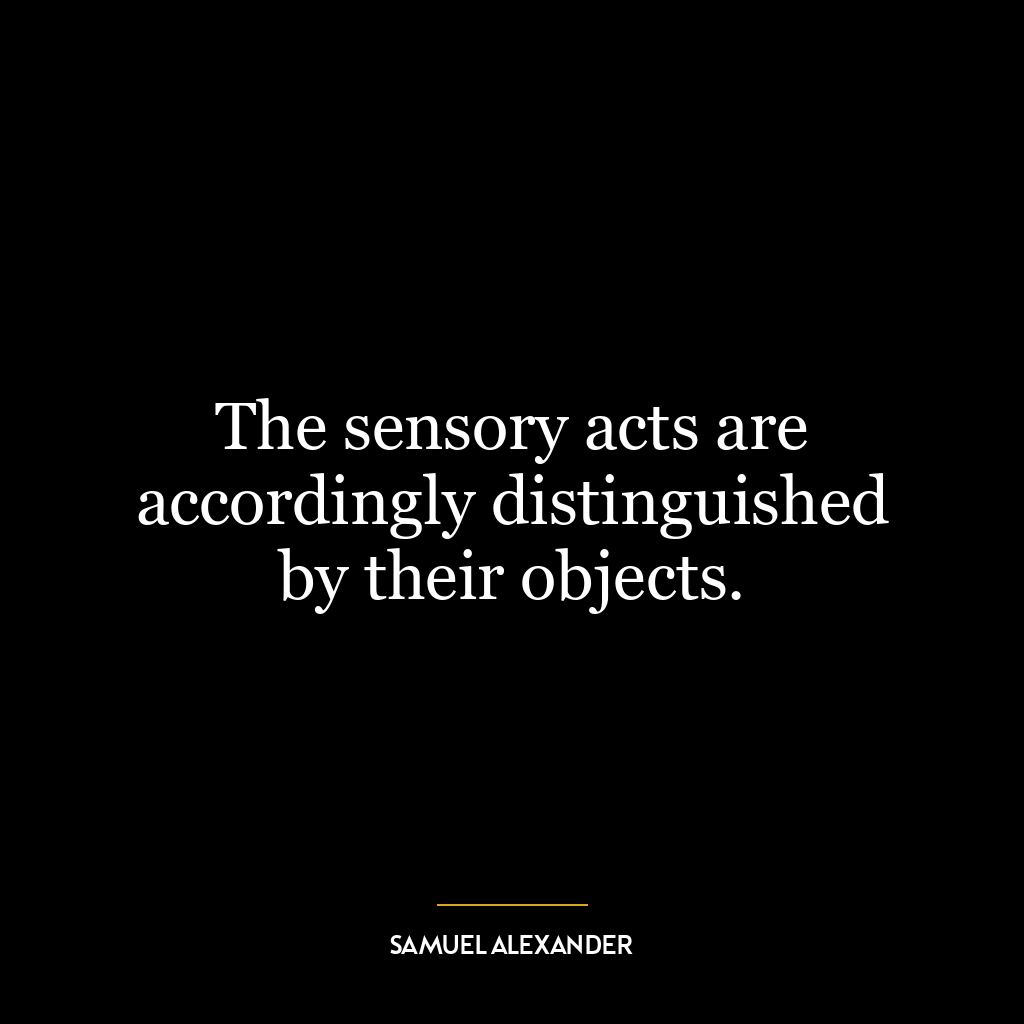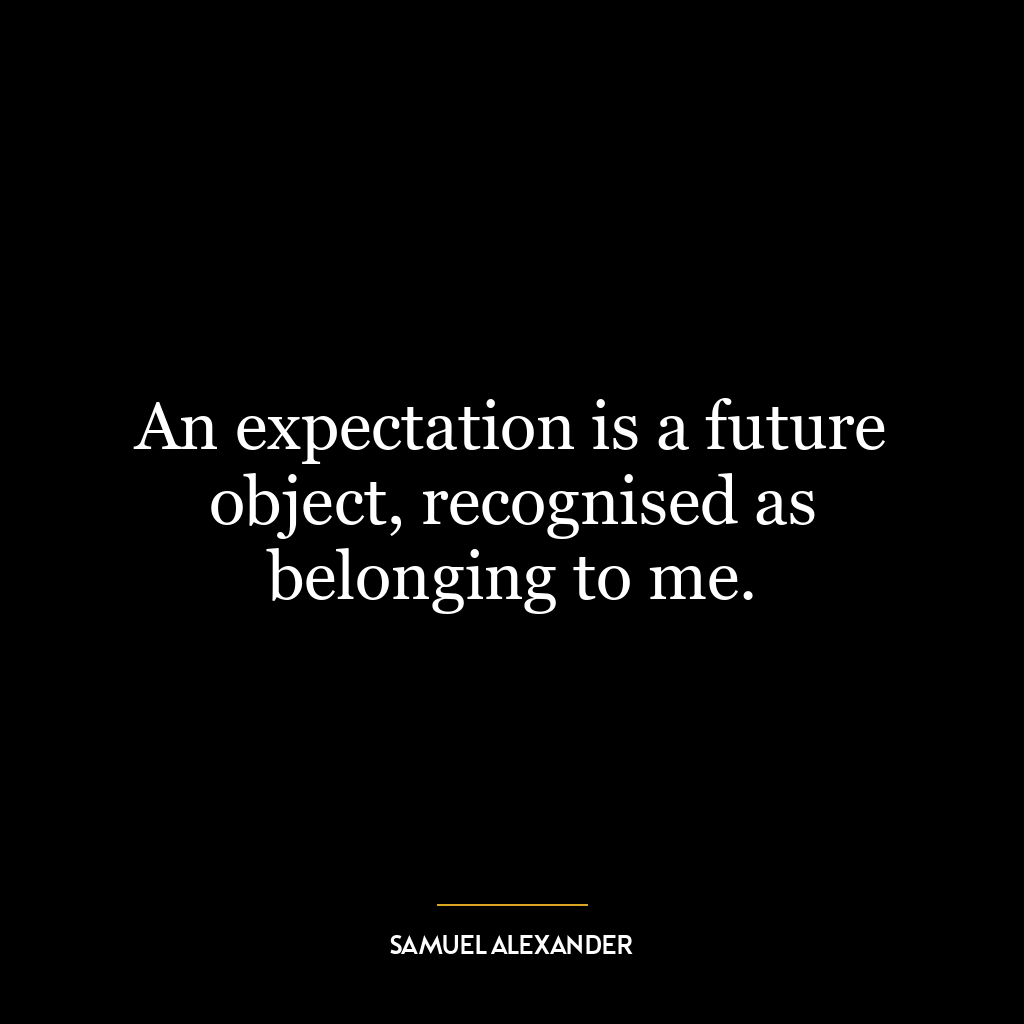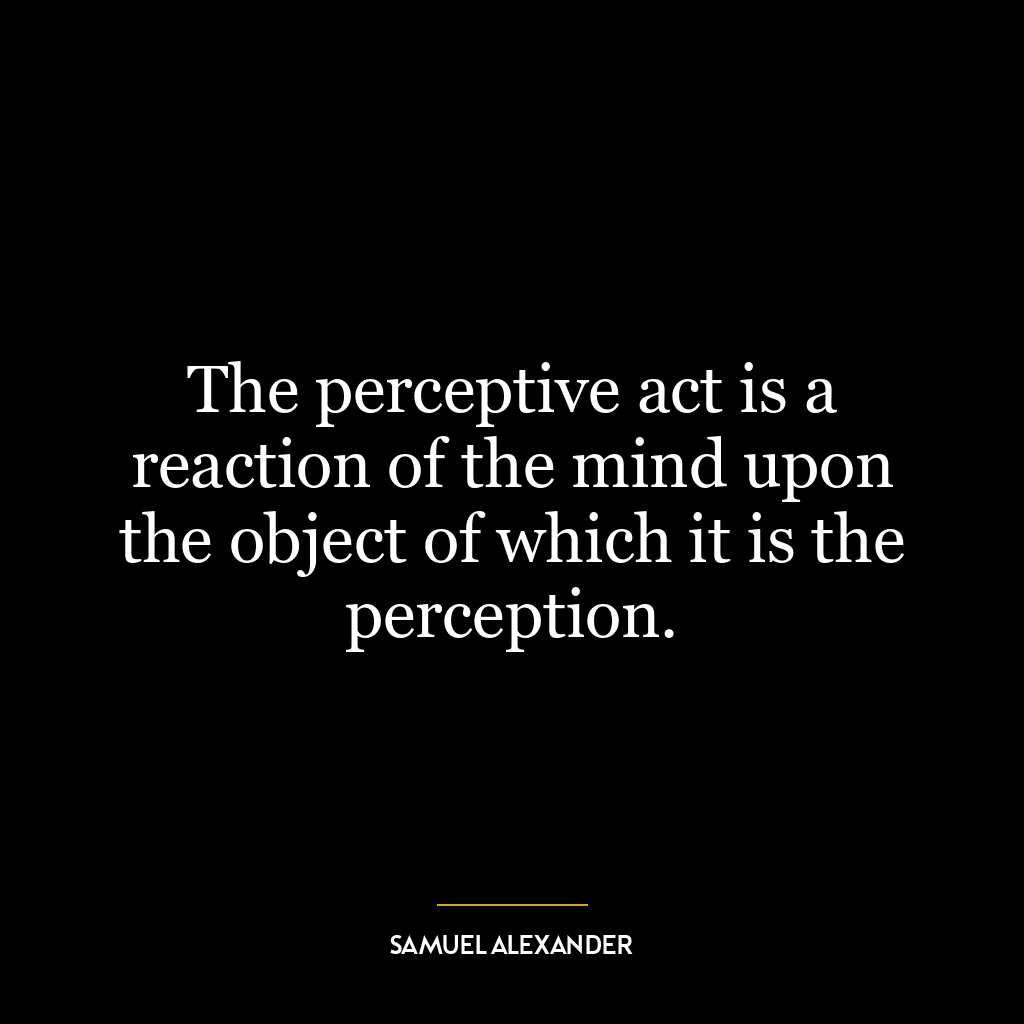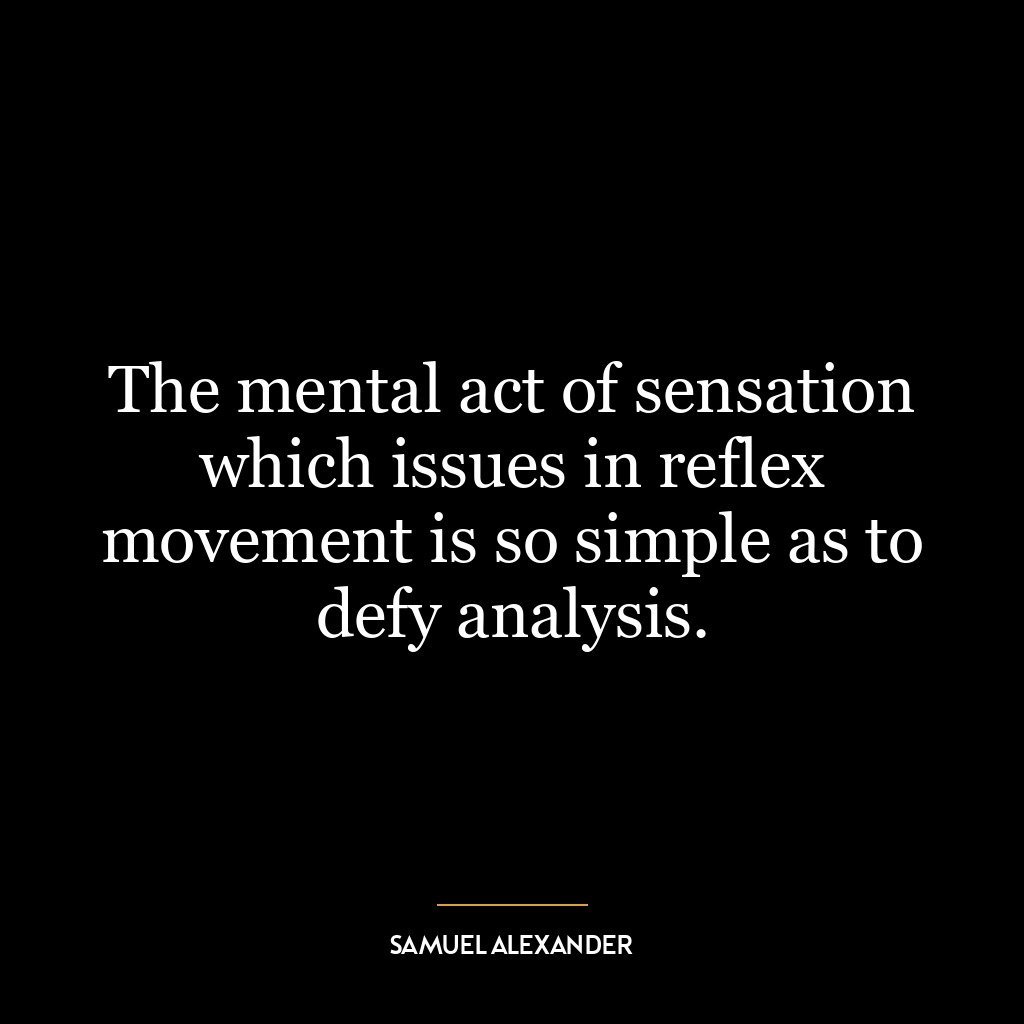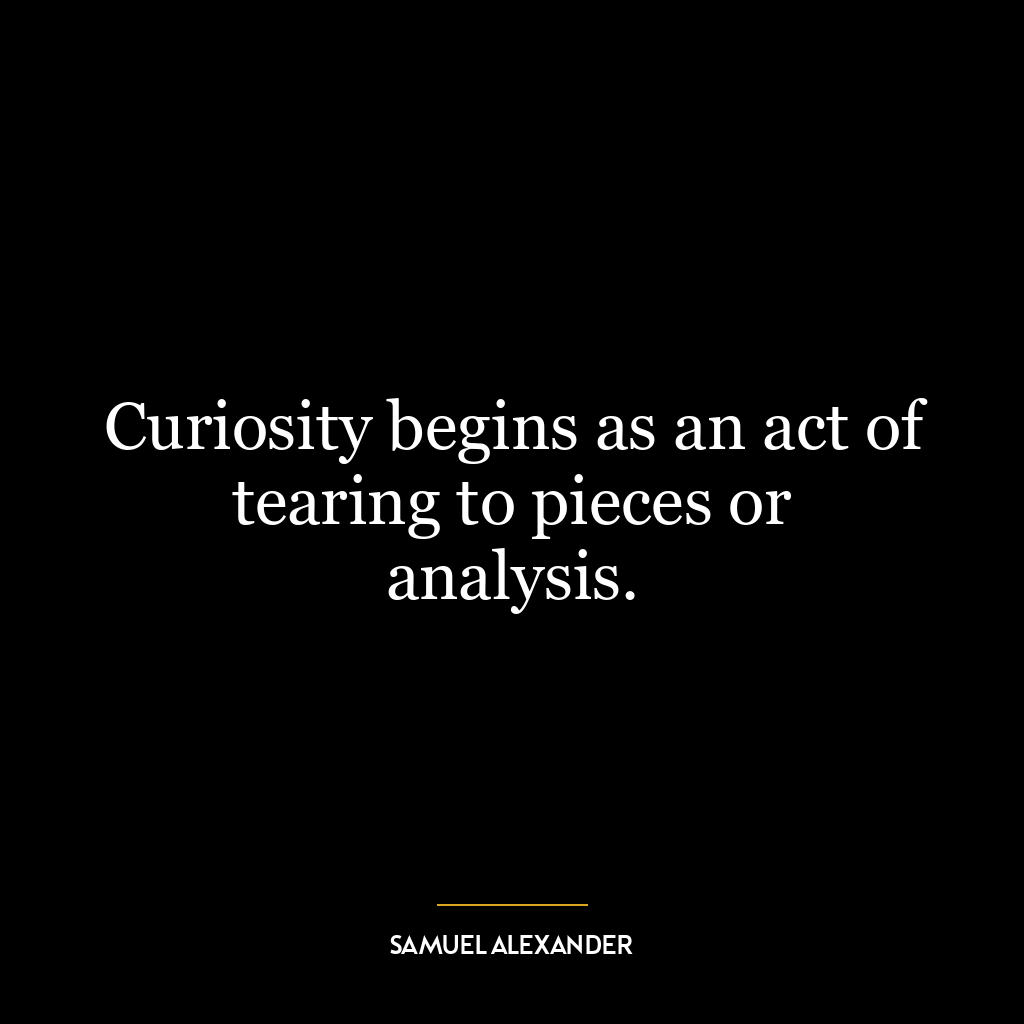Samuel Alexander Quotes
- Philosopher
- Australia
- 1859
Samuel Alexander (1859-1938) was a prominent Australian philosopher and professor at the University of Manchester. He is best known for his influential work “Space, Time, and Deity” (1920), which explored the concepts of time and space in relation to human consciousness. Alexander also m…Read More
Samuel Alexander (1859-1938) was a prominent Australian philosopher and professor at the University of Manchester. He is best known for his influential work “Space, Time, and Deity” (1920), which explored the concepts of time and space in relation to human consciousness. Alexander also made significant contributions to the fields of metaphysics, ethics, and political theory. He was a leading figure in the British Idealism movement and was highly regarded by his contemporaries, including Bertrand Russell. Alexander’s ideas continue to be studied and debated by philosophers and scholars around the world.Read Less
Samuel Alexander (1859-1938) was a prominent Australian philosopher and professor at the University of Manchester. He is best known for his influential work “Space, Time, and Deity” (1920), which explored the concepts of time and space in relation to human consciousness. Alexander also made significant contributions to the fields of metaphysics, ethics, and political theory. He was a leading figure in the British Idealism movement and was highly regarded by his contemporaries, including Bertrand Russell. Alexander’s ideas continue to be studied and debated by philosophers and scholars around the world.
Samuel Alexander Career Highlights
- Samuel Alexander is a renowned Australian academic and social theorist.
- He is currently a professor of interdisciplinary studies at the University of Melbourne.
- Alexander has published numerous books and articles on topics such as degrowth, voluntary simplicity, and post-growth economics.
- He is also the co-director of the Simplicity Institute, a research and education center focused on sustainable living and social change.
Key Contributions by Samuel Alexander
- Alexander’s work has been instrumental in promoting the concept of degrowth, which advocates for a decrease in economic growth in order to achieve environmental sustainability and social justice.
- He has also been a leading voice in the voluntary simplicity movement, which encourages individuals to live with less material possessions and focus on non-material sources of well-being.
- Alexander’s research has contributed to the development of post-growth economics, which challenges the traditional focus on economic growth as the primary measure of progress and advocates for alternative indicators of well-being.
- He has been a vocal critic of consumerism and has called for a shift towards more sustainable and equitable ways of living.
What Sets Samuel Alexander Apart
- Samuel Alexander’s interdisciplinary approach to studying sustainability and social change sets him apart from other academics in the field.
- He combines insights from economics, philosophy, and sociology to offer a holistic perspective on the challenges facing our society.
- Alexander’s work is also unique in its focus on individual and cultural change, rather than solely relying on policy and technological solutions.
Takeaways
- Samuel Alexander’s contributions to the fields of degrowth, voluntary simplicity, and post-growth economics have had a significant impact on the discourse surrounding sustainability and social change.
- His work challenges conventional notions of progress and offers alternative visions for a more sustainable and equitable future.
- Alexander’s research and writing continue to inspire individuals and communities to rethink their relationship with consumption and pursue more meaningful and sustainable ways of living.



